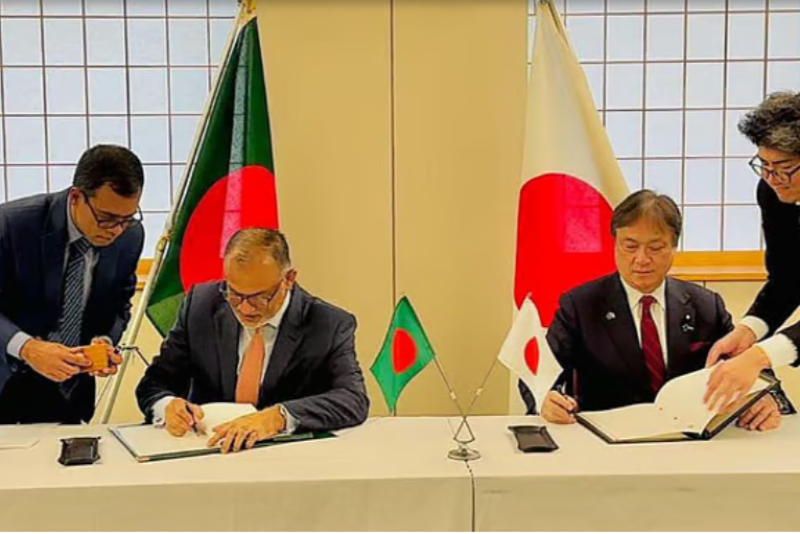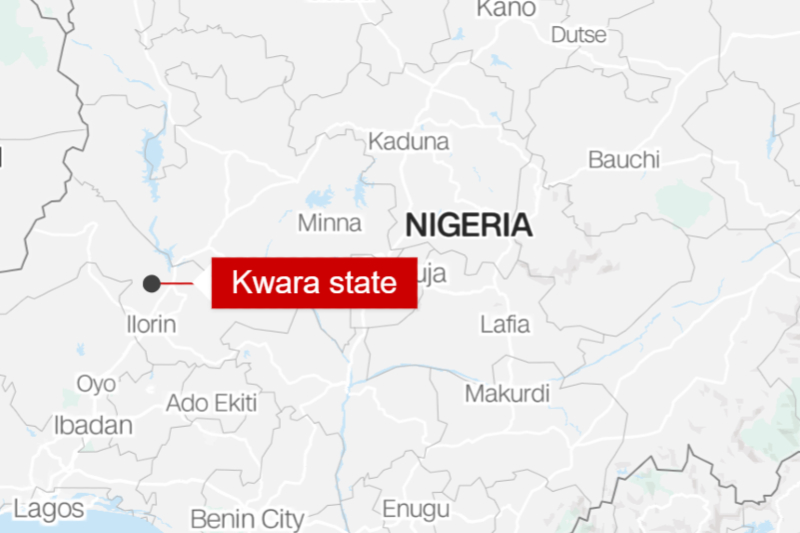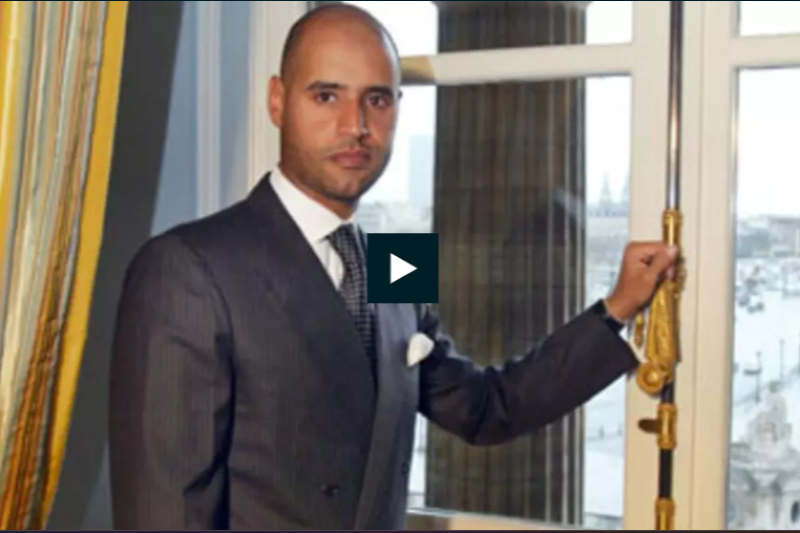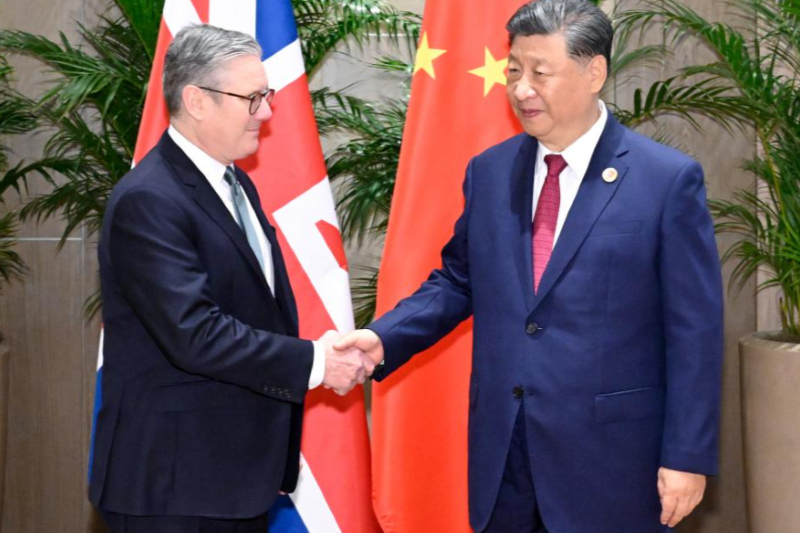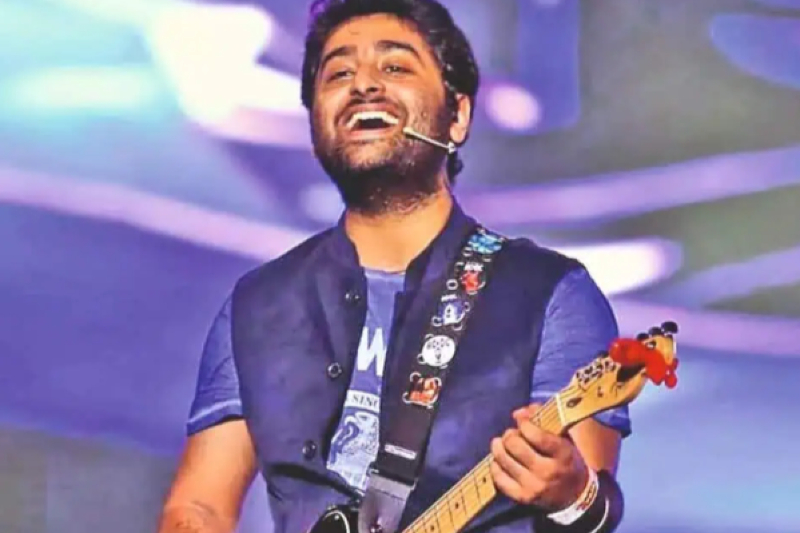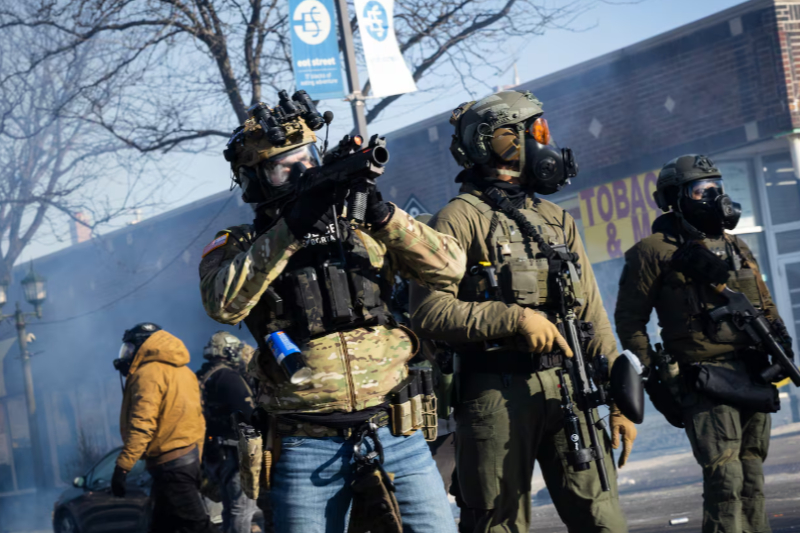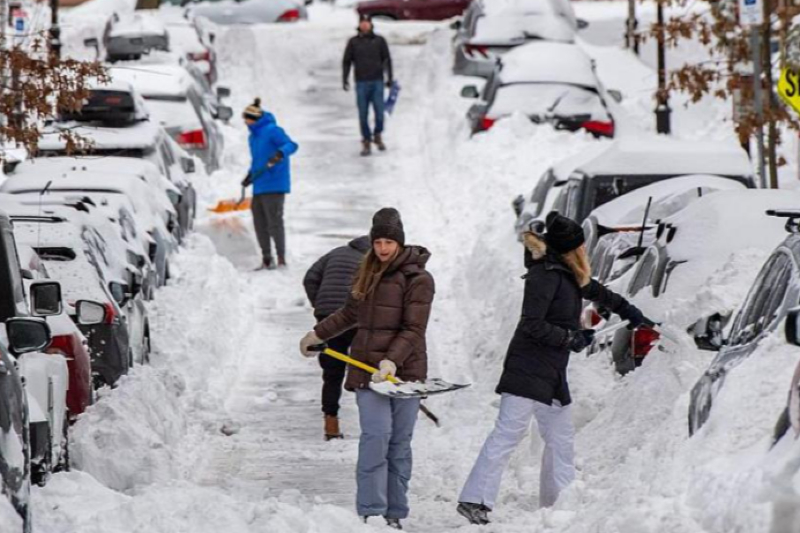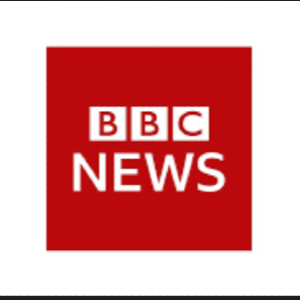Obama Issues Subtle Warning on Threats to U.S. Democracy
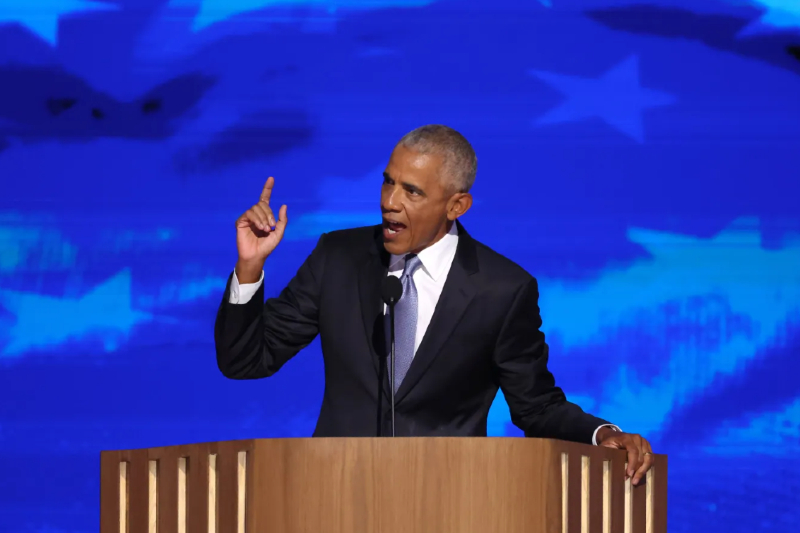
In a rare dive into current U.S. political discourse, former President Barack Obama issued a veiled but pointed message urging broad resistance to what he portrayed as rising authoritarian threats under Donald Trump's leadership.
Speaking at the Connecticut Forum in Hartford on Tuesday night, Obama refrained from directly naming Trump, but his remarks clearly referenced the president’s second term and its potential implications for American democracy.
He called on institutions, legal professionals, universities, both political parties, and even Justice Department officials to make difficult sacrifices in defense of democratic values.
“We’re all going to be tested,” Obama said, according to a transcript shared by his office. “We’ll need to decide where our true commitments lie. Real commitment means doing the right thing even when it’s uncomfortable—not just when it’s easy or popular.”
The former president highlighted the challenges that law firms and corporations might face if they resist the current administration’s influence—such as financial setbacks or retaliatory government actions.
In a striking metaphor, he quipped that some lawyers might need to forego renovating their Hamptons homes to stand on principle.
Obama also nodded to those working within the Justice Department, describing them as critical players in preserving constitutional norms amid political pressure.
This speech marks a notable moment for the Democratic Party’s most prominent figure in recent history. Despite his ongoing popularity—including strong bipartisan favorability—Obama has largely avoided frequent or direct political commentary since leaving office. His speech, however, acknowledged the urgency of the current moment.
Still, the message was tempered. Delivered at an event where recordings were banned, the remarks were subtle, avoiding Trump’s name and opting for broader language about democratic erosion.
Obama described a federal government increasingly influenced by individuals with “a weak attachment to democracy,” adding that this wasn’t a controversial statement anymore—“now it is self-acknowledged.”
While the audience responded with applause, the former president’s quiet delivery raised questions about whether his caution limited the broader impact of his message.
In contrast to the loud and frequent media presence of Trump and his allies, Obama’s softly delivered concerns seemed unlikely to dominate headlines.
Polls show a divided perception of democratic health in the U.S. A recent CNN survey revealed that 49% of Americans believe democracy is “under attack”—a significant number, though lower than in past years.
Democrats are more likely to share Obama’s concern, but only about 70% view the issue as urgent, and opinions among independents have remained stable.
Obama’s cautious tone reflects the traditional role of former presidents, who typically avoid engaging directly with their successors’ politics. Though he’s campaigned against Trump in the past, Obama has mostly upheld these norms.
His remarks also mirrored how many former military leaders have approached their concerns about Trump—with indirect statements, often published in books or memoirs, rather than public campaigns or media appearances.
For Democrats facing a vacuum of bold, consistent leadership, Obama’s voice remains one of the most powerful in American politics.
A Gallup poll earlier this year found him to be the most popular living president, with support from a majority of Americans, including about 20% of Republicans.
Despite this influence, Obama appears hesitant to dominate the political stage.
His reluctance may stem from a desire to allow new Democratic leaders to emerge. But for now, as challenges to democratic norms intensify, many within his party may be hoping he chooses to speak out more forcefully—and publicly—in the months ahead.

